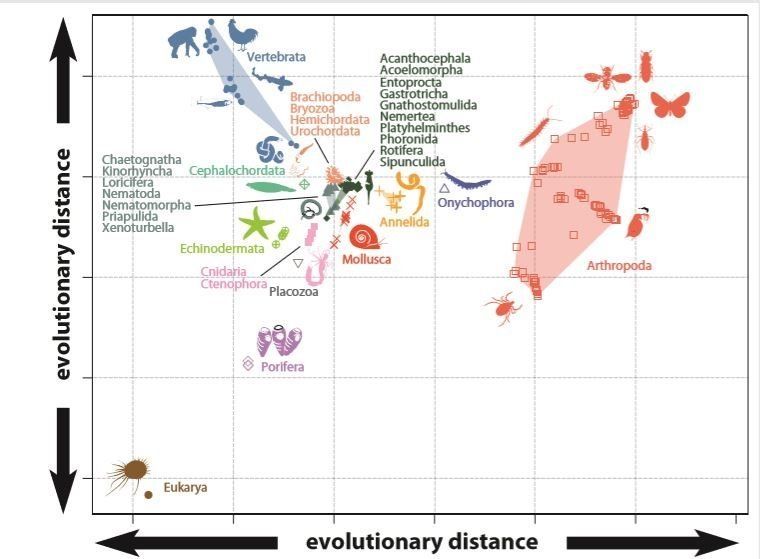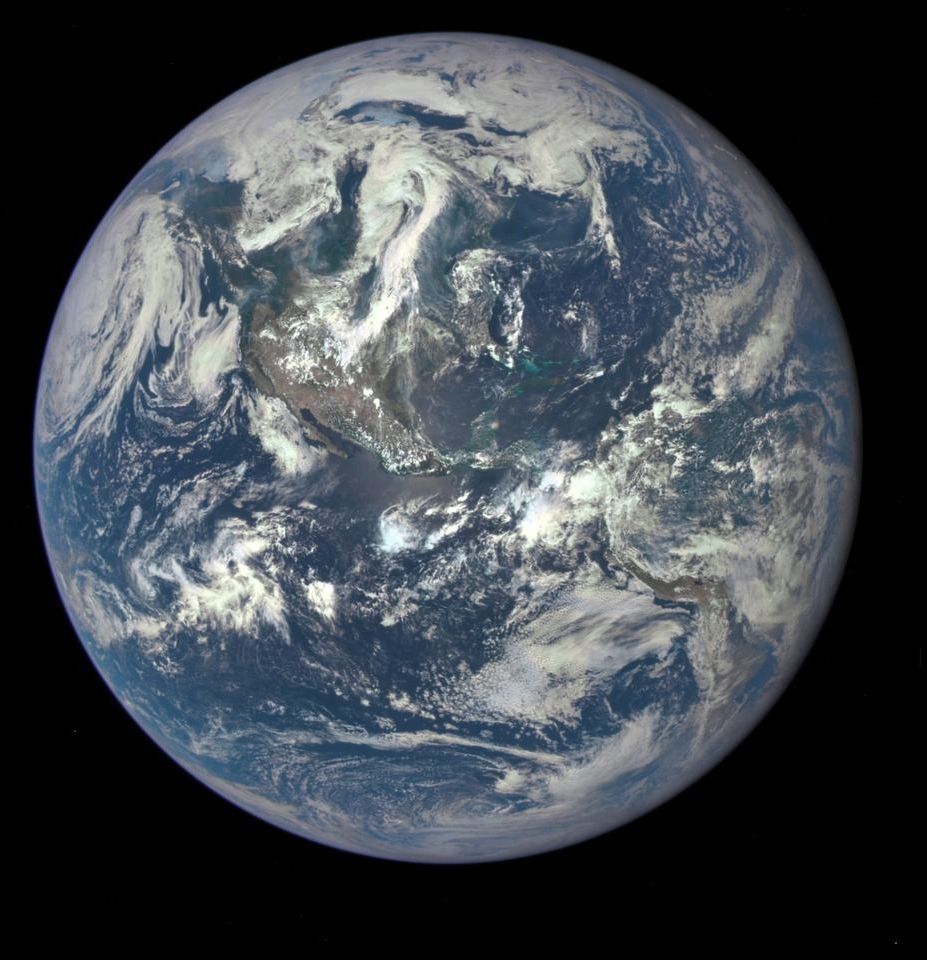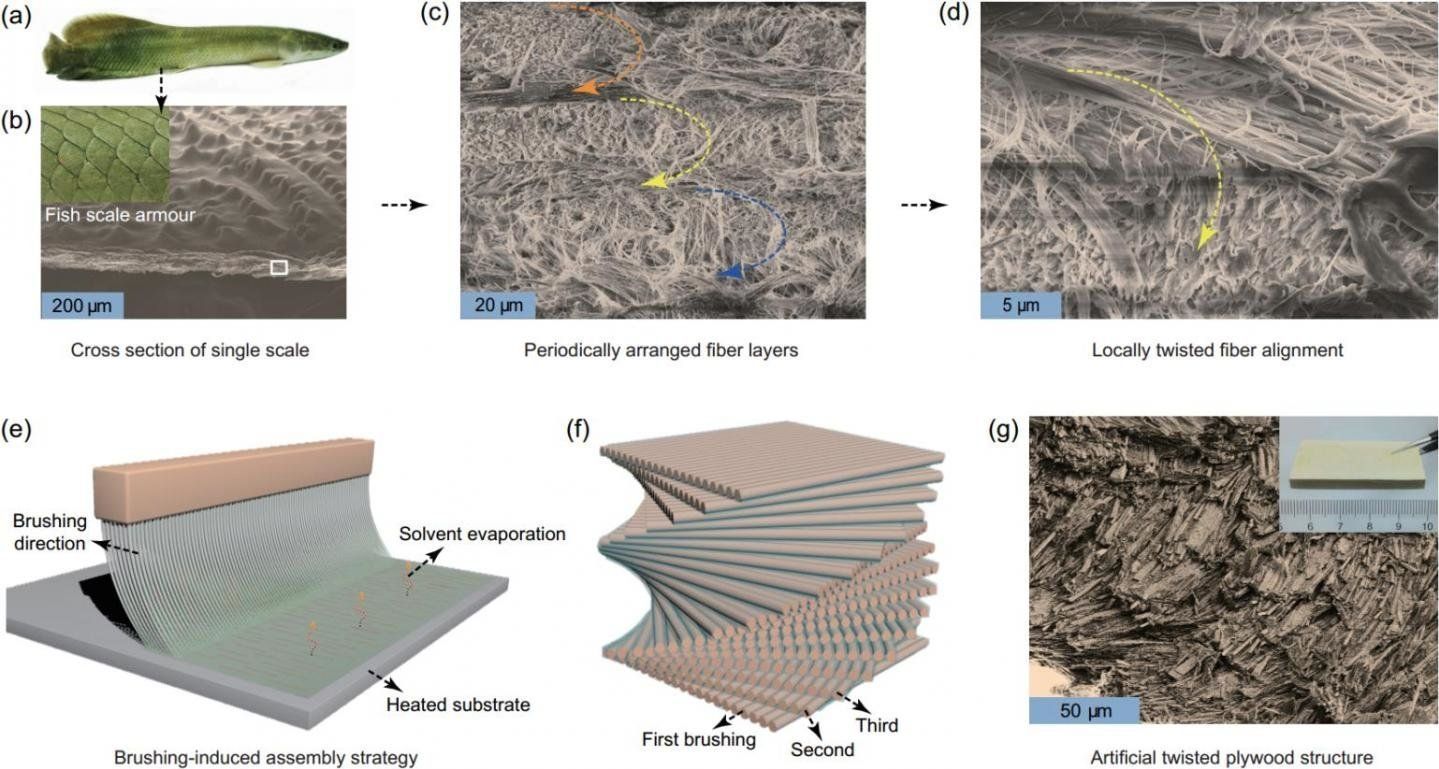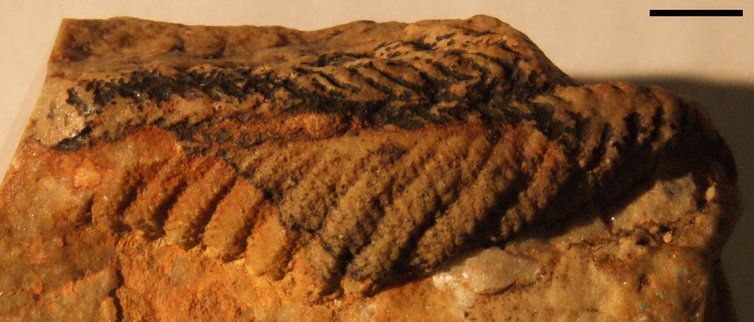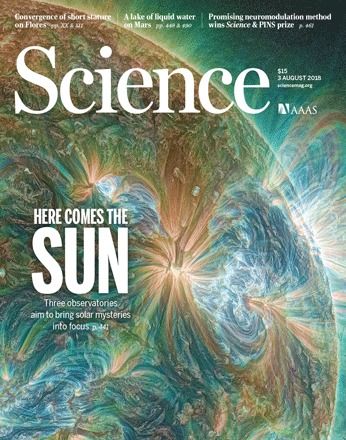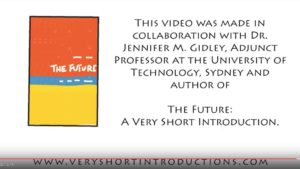Sep 3, 2018
Evolutionary origins of animal biodiversity
Posted by Genevieve Klien in category: evolution
A new study by an international team of researchers, led by scientists from the University of Bristol, has revealed the origins and evolution of animal body plans.
Animals evolved from unicellular ancestors, diversifying into thirty or forty distinct anatomical designs. When and how these designs emerged has been the focus of debate, both on the speed of evolutionary change, and the mechanisms by which fundamental evolutionary change occurs.
Did animal body plans emerge over eons of gradual evolutionary change, as Darwin suggested, or did these designs emerge in an explosive diversification episode during the Cambrian Period, about half a billion years ago?
